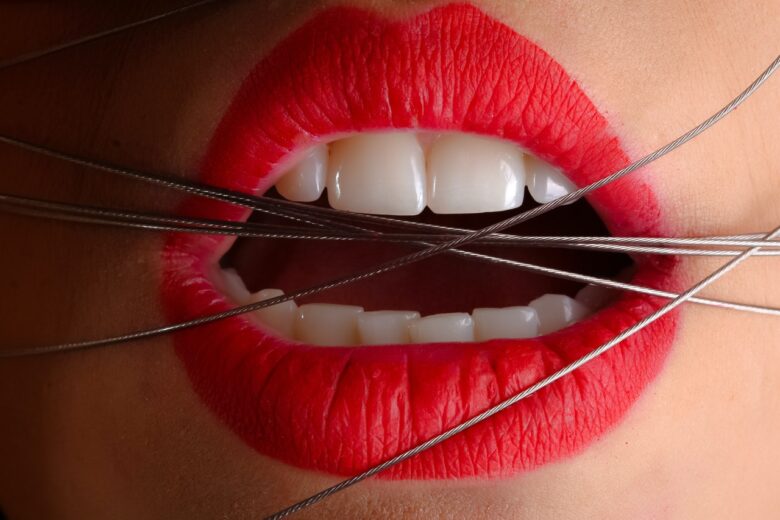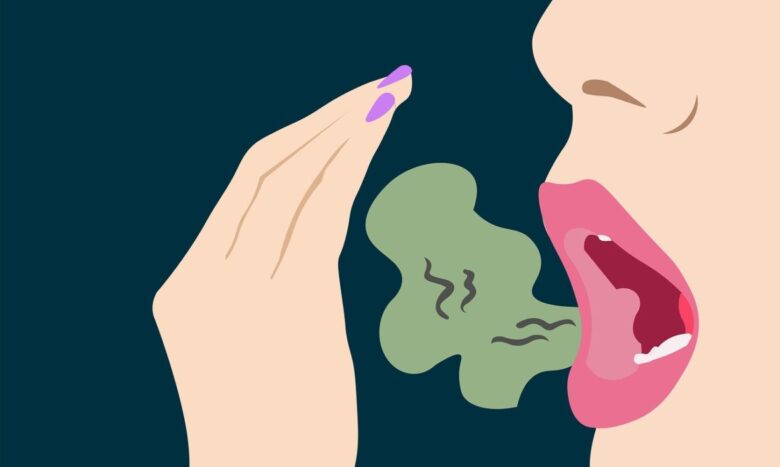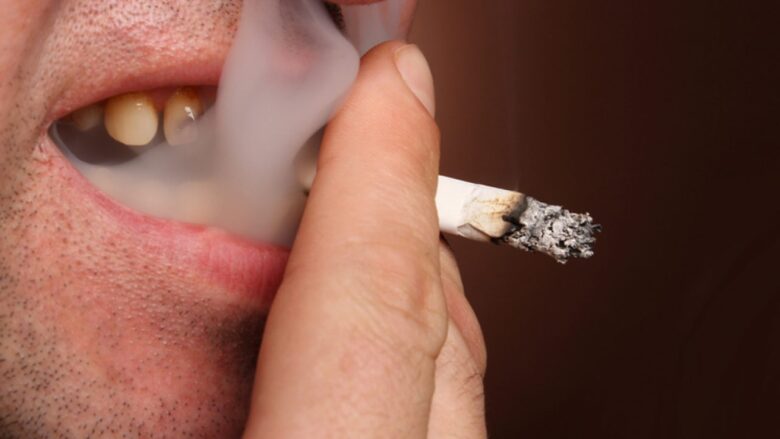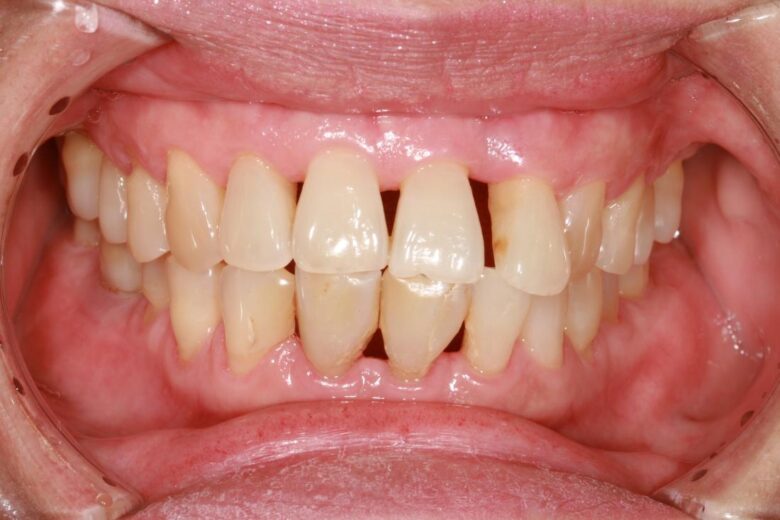Teeth problems can be visible and painful – but they can also be hidden and imperceptible. Rarely do we think about these problems more broadly, in the sense that it is a focus that can affect not only the health of your teeth – but also the entire body and your health. One of the most common problems that can affect this – is an infected tooth. But how do you know you have a problem if you still don’t feel it? See 5 warning signs your teeth are unhealthy.
What Is The Health State Of Your Teeth?
A white, bright, and healthy smile is an unmistakable fashion accessory for members of both sexes. If so far you have been convinced that occasional check-ups at the dentist and regular brushing of your teeth are enough to maintain their health and that you are not doing anything to endanger them – you are truly mistaken. After the amazing fact about how fruits, vegetables, sodas, and many other foods cause acid erosion – we will now reveal to you what condition your teeth might be in.
What Is The State Of Your Teeth?

Source: pexels.com
A white, bright, and healthy smile is an unmistakable fashion accessory for members of both sexes. If so far you have been convinced that occasional check-ups at the dentist and regular brushing of your teeth are enough to maintain their health and that you are not doing anything to endanger them – you are truly mistaken. After the amazing fact about how fruits, vegetables, sodas, and many other foods cause acid erosion – we will now reveal to you what condition your teeth might be in.
Signs That Indicate You Have Teeth Problems
Teeth problems can often indicate or lead to much more serious health conditions than you might think. You can check this, and see how by improving your dental health, you can also improve the complete health state. It can often happen that you have bad breath or gum inflammation. These things can be just some of the signs of teeth problems. Take a look at 5 signs that indicate tooth and gum disease.
1. Halitosis (bad breath)

Source: chicagohealthonline.com
Tooth and gum disease can be a source of chronic bad breath. Bad breath is often a symptom of poor dental hygiene – and often occurs with an unpleasant taste in the mouth. It can happen that if you have halitosis, you will be the last person to notice it. If this worries you, your dentist or hygienist will give you an objective opinion. It is important to eliminate dental hygiene as the cause of this problem – because if it is not a gum disease, it may be a gastrointestinal problem.
2. Swollen, sore gums
Healthy gums are slightly pink in color and have an orange-like texture. If they are bright red or your skin appears tight and swollen – it may be an inflammation in response to bacteria that affect gum inflammation. Swollen gums are often painful to the touch – and can pulsate as you chew food and ache after eating.
3. You consume cigarettes

Source: dralex.nyc
This is a somewhat generalized statement, but with a reason. Smoking masks the early signs of dental disease, and if left untreated – you risk your dental health deteriorating much faster than non-smokers. Smoking weakens the immune system of your oral cavity. Nicotine in tobacco kills small capillaries in the body, including those that supply your mouth.
4. Take care of the acid
Exposure to various acids in the mouth causes irreversible loss of tooth enamel, tooth sensitivity, their darkening, and weakening. Four acidic “moments” a day can endanger your tooth enamel – so you must know how healthy your teeth really are and that you recognize the signs of acid erosion in time and visit your dentist. No matter how tightly you close your eyes to it and avoid visiting the dentist – white and healthy teeth are the result of proper oral hygiene and regular checkups. Decaying teeth are susceptible to various infections – and infected teeth can cause other health problems.
5. Teeth Seem Longer And Some Are Wobbly

Source: medicalnewstoday.com
During the fight against plaque and bacteria – the gums often begin to recede. This often happens unnoticed if left unattended. As a result, the ligaments and bone around your teeth slowly disappear. You may have noticed that your teeth have become longer than they were – or that the distance between your teeth is getting bigger and more reminiscent of dark triangles. Unfortunately, after this, the connection is lost – and it is difficult to re-establish without a surgical procedure. In cases where the receding of the gums occurred due to aggressive brushing of the teeth – it is possible to correct this surgically. If the serious receding of the gums is due to inflammation – it is possible to mask the problem with a gingival lining.
How Can An Infected Tooth Affect Your Health?
Every infection present in the body is a sign of alarm. This is also the case with teeth. Due to their position in our body, teeth can affect distant organs. In a healthy organism, an infected tooth can rarely cause a distant infection and retain its local character. In case of decreased immunity or some other present diseases in the body (autoimmune diseases, diabetes, cancer, heart problems), any presence of bacteria in the body can be very dangerous. The spread of bacteria through blood vessels can cause infection in distant organs. Some of the organs that can be affected are the heart, lungs, brain, sinuses, joints, skin, kidneys, digestive system.
Conclusion
Taking care of your teeth does not only mean a beautiful smile and the absence of discomfort. Oral health is much more than that – and can significantly affect your overall health. The process of tooth decay or caries – is a cycle of demineralization and remineralization. What we eat and drink and how we maintain oral health are factors that affect decay. Caries cause permanent damage to tooth enamel. Caries and tooth decay are among the most common health problems in the world.

